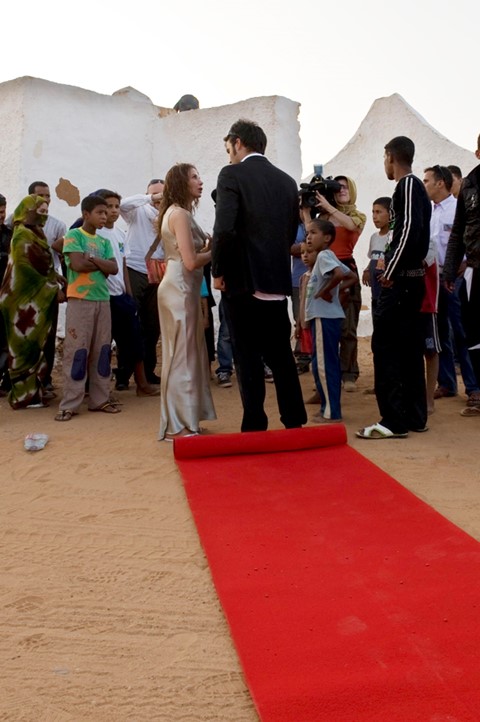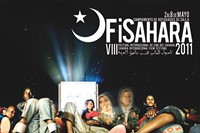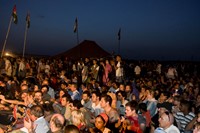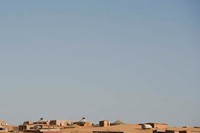A refugee camp in the Sahara desert might seem an unlikely place for an international film festival but this week, Dakhla, a desolate camp 130 miles from the nearest town, was transformed into a gala of screenings, workshops and concerts attended by
A refugee camp in the Sahara desert might seem an unlikely place for an international film festival but this week, Dakhla, a desolate camp 130 miles from the nearest town, was transformed into a gala of screenings, workshops and concerts attended by an array of internationally acclaimed actors and film-makers. Exiled from their native western Sahara for more than three decades some 30,000 refugees have been living in this inhospitable area of the desert. After the 16-year war between the Moroccans and the Sahrawi independence (Polisario Front) resulted in a 1991 UN ceasefire agreement, the refugees still remain in this most remote camp – the terms were blocked by Morocco, claiming sovereignty over the refugees' territory. Bringing awareness to the plight of the Sahwari people The Sahara International Film Festival aims not only to entertain but also offers educational opportunities for these refugees and this year features over a dozen audiovisual training workshops ranging from sound editing to film archiving. Around 300 people are flying in from around the world including several well-known actors from Spain and around the world. Visitors stay with the refugee families sleeping in their mud or tented homes and sharing their camel stew and couscous. British film director Ken Loach who has had three films shown at previous FiSahara festivals sent his wishes saying “I would encourage everyone to attend this film festival once in their lives.” The festival programme includes an eclectic mix of over 30 films from around the world including films made about and by the Saharawi people. The films, projected at night against a multiplex-sized screen on the side of an articulated lorry, are intended to offer the refugees a window to the rest of the world. As well as feature films there are animations and documentaries. By giving these isolated refugees a chance to ‘go to the movies’ FiSahara not only gives the refugees some respite from their harsh daily routine but offers an imaginative space beyond their bleak desert horizons.
Sahara International Film Festival 2011 runs 2nd – 8th May
Text by Stefan Simanowitz
Stefan Simanowitz is a London-based journalist, writer and broadcaster. He writes for publications including the Independent, Guardian, Financial Times, Contemporary Review, Prospect, New Statesman, Huffington Post, Washington Times, Salon.com, In These Times, and New Internationalist.



